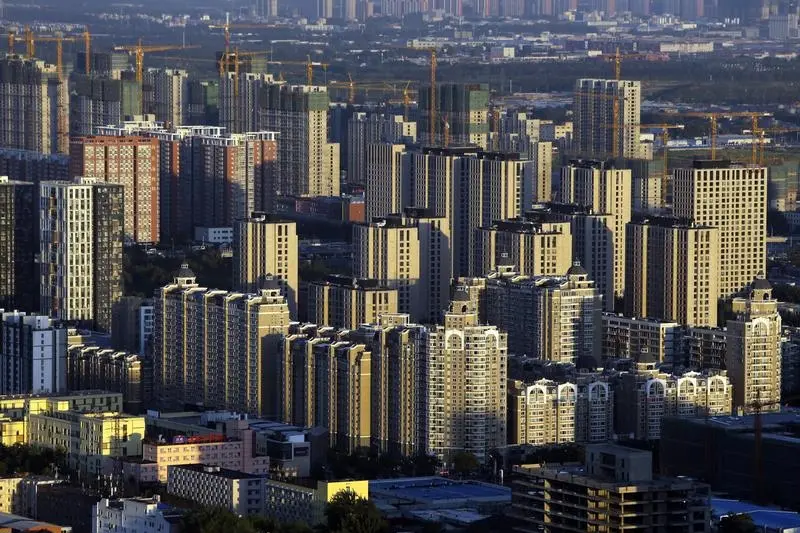PHOTO
HONG KONG - China’s stealth support for housing is looking wobbly. Officials are tweaking a $470 billion program through which the People’s Bank of China effectively provides lenders with cheap loans to upgrade housing in smaller cities. Even a small change to the scheme could cause real estate and stock markets to shudder.
So-called “pledged supplemental lending” ranks among China’s strangest liquidity tools. It broadly works like this: the central bank issues new credit to the likes of China Development Bank, which in turn lend to local governments. Local officials then often use the funds for “shantytown redevelopment”, a longstanding policy to tear down decrepit housing and replace it with newer structures. Local authorities then repay the loans with the proceeds from new construction.
The programme has become an important source of support for the property market. The credit facility has jumped from around $100 billion in the spring of 2015 to almost five times that amount last month. What’s more, a growing number of shantytown residents now receive cash – rather than new housing – as compensation. More than half of new redevelopment starts last year involved cash packages, according to Morgan Stanley. These handouts are often reinvested in apartments.
The impact on prices in smaller cities, where shantytown redevelopments are concentrated, may be substantial. Such rebuilds accounted for 23 percent of property sales in lower-tier cities last year, Nomura analysts reckon.
Officials appear to be having doubts, however. Reuters reported in June that CDB had stopped funding new redevelopment projects and shifted authority for approving loans to its headquarters in Beijing. In July, the housing ministry said it would aim to restrict compensation for shantytown dwellers in cities with hot property markets.
Even a modest roll-back could have big consequences. If cash settlements fall to around 40 percent of the total, Chinese national property sales by value could fall around 4 percent, estimates Morgan Stanley. Some developers in lower-tier cities look especially exposed: reports of a pullback in June sent shares in developers Country Garden and Sunac China down 7 percent and 5 percent, respectively. It’s another reason for investors to keep a close eye on the central bank.
On Twitter https://twitter.com/cbeddor
CONTEXT NEWS
- China’s pledged supplementary lending facility stood at about 3.2 trillion yuan ($470 billion) at the end of July, an increase of more than 30 percent compared with the year before, according to People’s Bank of China data released on Aug. 1.
- China’s housing ministry said on July 12 that cities with high property prices and low inventories of unsold homes should adjust their compensation policies for residents of so-called “shantytown redevelopment” projects. It added that the country’s policy banks would not offer further lending for new development projects in such places which pay financial compensation to property owners.
- For previous columns by the author, Reuters customers can click on
- SIGN UP FOR BREAKINGVIEWS EMAIL ALERTS: http://bit.ly/BVsubscribe
(Editing by Peter Thal Larsen and Sharon Lam)
© Reuters News 2018




















